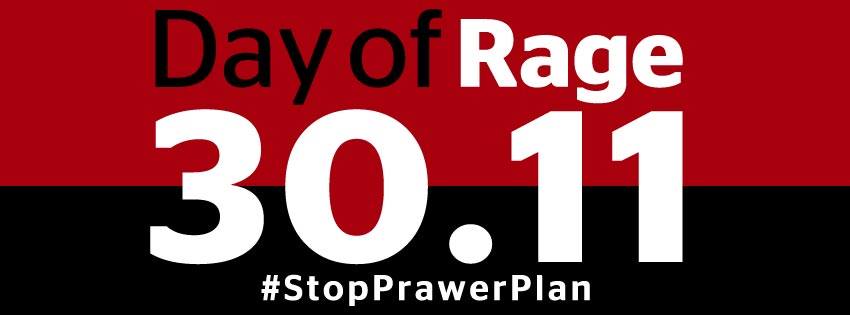Tag: Bedouin
-
Join Palestinians on November 30th to protest against the Prawer plan
10th November 2013 | Prawer Won’t Pass Campaign | Occupied Palestine On 24th of June, the Israeli Knesset approved the Prawer-Begin plan, which if implemented will result in the destruction of more than 35 unrecognized villages in Al-Naqab and the forced expulsion and confinement of more than 70,000 Palestinian Bedouins. The Prawer plan is the largest Israeli…
-
Israeli occupation forces demolish an entire Bedouin community in Beit Hanina
22nd August 2013 | International Solidarity Movement, Ramallah Team | Beit Hanina, Occupied Palestine On the morning of the19th August, two hundred soldiers in thirty-eight jeeps and with two military dogs dismantled several tents housing the Tal ‘Adasa Bedouin community in the Jerusalem neighborhood of Beit Hanina. At around 6am, Israeli soldiers surrounded the Bedouins tents,…
-
Bedouin in the West Bank: Settler attacks, denial of water
31st July 2013 | International Solidarity Movement, Nablus Team | Huwwara, Occupied Palestine In Huwwara, 9km south of Nablus there are two Bedouin families who have been living in tents with their animals since the start of June. They are usually camped near Hebron or in the Naqab desert, but for the summer they are…

